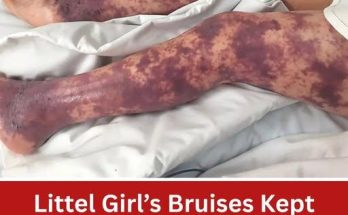
BREAKING| Lion XIV suffers gadget falls… See more

Pope Leo XIV began his pontificate with a massive mass in St. Peter’s Square, in this ceremony he was awarded the Palio, an ornament that is placed on the shoulders and symbolizes the power of the Pope over the church. He was also given the Fisherman’s Ring, which means “being a fisher of men ”.
With this, his pontificate begins, of which there is enough expectation, since some hope that he will maintain the line of Francis, who was characterized by creating a Church more open and close to young people, however he will have to wait a few months to observe his developing.
And it is that the arrival of the second Pope from the American continent has attracted a lot of attention, because despite having been born in Chicago, United States,León XIV noted from his first minutes as Pontiff, who is close to Latin America, even sent a message in Spanish, especially thanking the community of Chiclayo, Peru where he spent several years of his life.
The proximity of Pope Leo XIV with Peru He has been coming for several years, as he came to this part of the world in 1985, where he begins much of his life serving the church. His stay in this country in South America is so close that he recently shared some of the moments he lived there and even mentioned that his arrival at Vatican She had already been foreshadowed more than 26 years ago, but how did she know?




